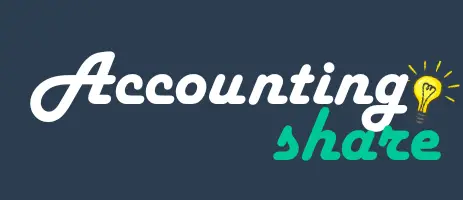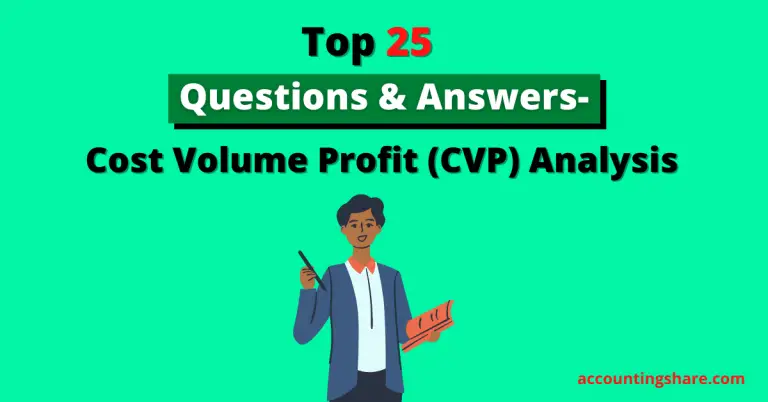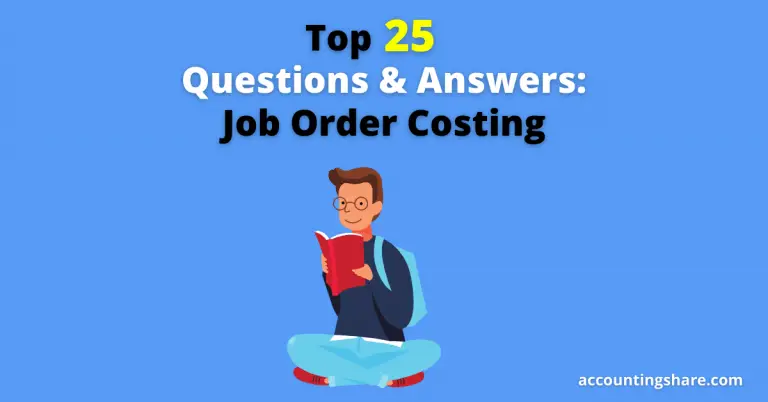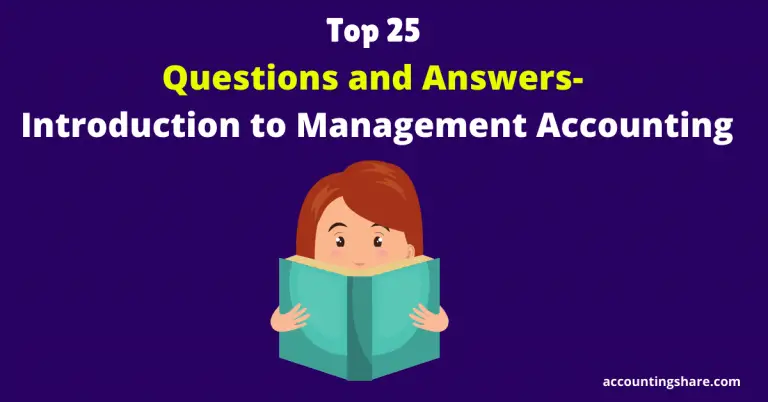Top 30 Questions and Answers- Budgeting [With PDF]
In management accounting, budgeting has significant importance. Today we will learn the top “30” questions and answers-budgeting.”
So let’s get started.
Questions and Answers- Budgeting
Question-01: What is the budget?
Answer: A budget is a comprehensive plan that is generally articulated in structured quantitative terms.
Question-02: What are the purposes of the budget?
Answer: Budgets are used for two different purposes:
- Planning and
- Controlling.
Question-03: What is planning?
Answer: Planning is the setting of goals and the preparation of budgets for achieving those goals.
Question-04: What is control?
Answer: Control is collecting feedback to ensure that a plan is implemented correctly or changed as situations change.
Question-05: What are the advantages of budgeting?
Answer: Some advantages of budgeting are as follows:
- Budgets express the strategies of the management around the enterprise.
- Budgets push executives to think about the future and prepare for it.
- Before they arise, the budgeting phase will reveal possible bottlenecks.
- Budgets identify targets and priorities that can act as indicators for subsequent performance assessment.
Question-06: What is responsibility accounting?
Answer: Responsibility accounting is an accountability system in which managers are held accountable for those sales and expense items and only those items they can exercise considerable influence.
Question-07: What is the continuous budget?
Answer: A 12-month budget is a continuous budget that rolls forward one month after the end of the current month.
Question-08: What is a self-imposed budget or participatory budget?
Answer: A self-imposed budget is a form of budget preparation in which executives plan their budgets. Higher-level administrators then review these budgets, and any conflicts are addressed by mutual consensus.
Question-09: What are the benefits of self-imposed budgeting?
Answer: There are a variety of benefits to self-imposed budgets:
- Individuals at all levels of the company are regarded as members of the team whose opinions and decisions are respected by top management.
- Front-line managers’ budget forecasts are often more detailed and accurate than estimates prepared by top managers with less comprehensive knowledge of markets and day-to-day operations.
Question-10: What is the limitation of self-imposed budgeting?
Answer: There are two significant drawbacks to self-imposed budgeting.
- If they lack the broad strategic perspective possessed by top executives, lower-level managers will make suboptimal budgeting recommendations.
- Self-imposed budgeting can allow the development of too much budgetary slack by lower-level managers.
Question-11: What is the master budget?
Answer: The master budget consists of various but interdependent budgets that formally set out the sales, production, and economic objectives of the organization.
Question-12: What budgets are included in the Master budget?
Answer: Master budget includes:
- Sales Budget
- Production Budget
- Direct Materials Budget
- Direct Labor Budget
- Production Overhead budget
- Ending Inventory Budget
- Selling and administrative expense budget
Question-13: What is the first step of master budgeting?
Answer: The preparation of the sales budget is the first step of the master budgeting.
Question-14: What’s the sales budget?
Answer: A comprehensive schedule indicating the expected sales for the budget duration is the sales budget.
Question-15: What is the second step of Master budgeting?
Answer: The preparation of the production budget is the second step of master budgeting.
Question-16: What is the production Budget?
Answer: The production budget is a detailed plan that lists the number of units that have to be produced to fulfill the needs of the sales and provide the inventory of finished goods required.
Question-17: How does it end in the master budget?
Answer: With the preparation of a cash budget, income statement, and balance sheet, the master budget ends.
Question-18: What is a Cash Budget?
Answer: A cash budget is a comprehensive plan that shows how cash resources will be collected and used.
Question-19: What are the four sections of the Cash Budget?
Answer: The four major sections of the cash budget are:
- The receipts section.
- The disbursements section.
- The cash excess or deficiency section.
- The financing section.
Question-20: What is the budgeted income statement?
Answer: An estimation of net income for the budget period is given in the budgeted income statement and relies on the sales budget, closing inventory budget, sales budget and operating expenditures budget, and the cash budget.
Question-21: What is the budgeted balance sheet?
Answer: At the end of a budget cycle, the budget balance sheet estimates the assets, liabilities, and stockholders’ equity of a corporation.
Question-22: How to calculate the required production units?
Answer: Required production in Units= (Budgeted sales units+ Desired ending finished goods inventory)-beginning finished goods inventory.
Question-23: What is the purchase budget?
Answer: The purchase budget is a detailed plan that indicates the number of products to be purchased during the period from suppliers.
Question-24: How to calculate the required Purchases?
Answer: Required Purchases = (Budgeted COGS+ Desired Closing merchandise Inventory) – Beginning Merchandise Inventory
Question-25: What is the direct materials budget?
Answer: The Direct Materials Budget is a structured plan showing the number of raw materials to be bought to meet the production budget and provide sufficient inventories.
Question-26: What is the direct labor budget?
Answer: A comprehensive plan demonstrating the direct labor hours needed to meet the production budget is the Direct Labor Budget.
Question-27: What is the production overhead budget?
Answer: The production overhead budget is a comprehensive plan that indicates the cost of production, other than direct materials and direct labor, that will be incurred over a given period.
Question-28: What is the ending finished goods inventory budget?
Answer: A budget reflecting the dollar amount of inventory of unsold finished products that will appear on the final balance sheet is the ending finished goods inventory budget.
Question-29: What are the reasons to prepare the ending finished goods inventory budget?
Answer: For two reasons, this budget is necessary:
- To aid in assessing the cost of products sold on the statement of budgeted income; and
- To value on the budgeted balance sheet ending inventories.
Question-30: What is the Selling and Administrative Expense Budget?
Answer: The selling and Administrative Expense budget is a detailed plan that lists the budgeted expenses as distinct from manufacturing.
I hope that you have a basic idea about budgeting at the end of the article. Read these “top 30 questions and answers-budgeting” regularly and improving your accounting skills.
You can also read:







